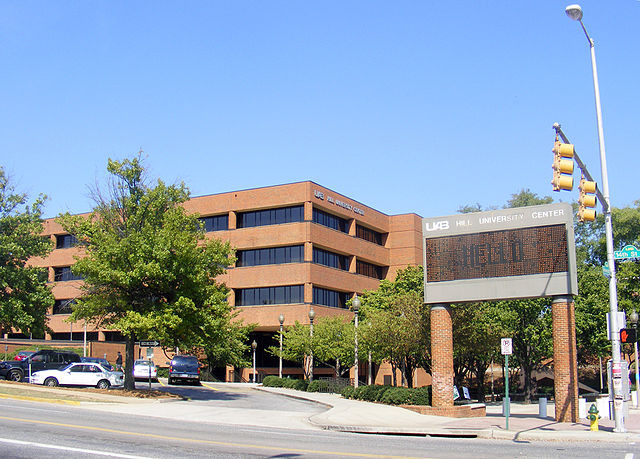The University of Alabama at Birmingham (UAB) health system has temporarily halted its in-vitro fertilization (IVF) services following a groundbreaking Alabama Supreme Court ruling that recognizes frozen embryos as children. This landmark decision has sparked widespread debate, raising concerns about the potential implications for reproductive medicine not only within the state but across the United States.
The case, which originated from a wrongful death lawsuit by three couples against a fertility clinic for the accidental destruction of their embryos, has led to a significant legal precedent. The Alabama Supreme Court's ruling extended the definition of "children" under the state's Wrongful Death of a Minor Act to include frozen embryos, thereby acknowledging them as human beings with legal rights. Chief Justice Tom Parker emphasized the inherent value of all human life, stating, "Even before birth, all human beings have the image of God, and their lives cannot be destroyed without effacing his glory."
This ruling has placed the UAB and other fertility treatment providers in a precarious position, as they now face the possibility of criminal prosecution or punitive damages for standard IVF procedures that involve the handling and potential disposal of embryos. In response, UAB has announced a pause in the fertilization and implantation stages of IVF treatments, while still continuing with egg retrieval processes. The decision reflects the institution's commitment to patient care and legal compliance, albeit with a heavy heart for those relying on IVF to start or expand their families.
The broader implications of this ruling are profound, with medical experts, reproductive advocacy groups, and legal analysts warning of a chilling effect on fertility treatments in Alabama and potentially beyond. The ruling introduces legal ambiguities around the handling and use of embryos in IVF, potentially affecting the availability and legality of such treatments for patients. The Medical Association of the State of Alabama has voiced concerns that this could lead to a decrease in fertility options, ultimately resulting in fewer families being able to have children through assisted reproductive technologies.
The decision ties into the larger national debate on reproductive rights and abortion, further complicated by the U.S. Supreme Court's 2022 decision to overturn Roe v. Wade. Alabama, known for its stringent anti-abortion laws, has seen this ruling as an extension of its efforts to protect the unborn. Pro-life groups, including the Alliance Defending Freedom, have hailed the decision as a significant victory for life, affirming the value of human life from conception.
Conversely, opponents of the ruling fear its ramifications extend beyond abortion to infringe on the rights and choices of individuals seeking fertility treatments. The ruling's reliance on anti-abortion language in the Alabama Constitution, particularly amendments aimed at protecting the unborn, underscores the complex interplay between reproductive rights, legal interpretations, and ethical considerations in modern medicine.
The debate over the personhood of frozen embryos and their legal status continues to evoke strong opinions on both sides. While some view the ruling as a necessary protection for potential life, others see it as an overreach that could hinder medical advances and infringe on personal liberties. As Alabama navigates this legal and ethical quandary, the repercussions of this ruling may set a precedent for other states, potentially shaping the future of reproductive medicine and rights in America.






